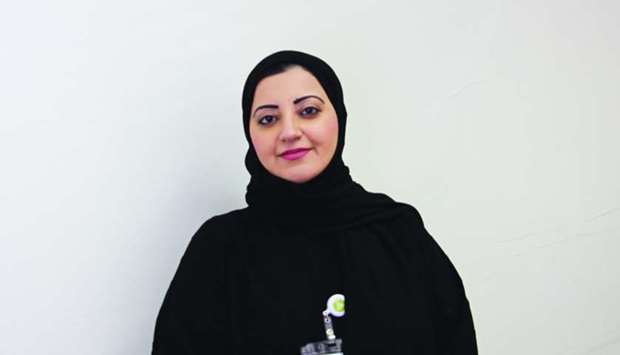Hamad Medical Corporation (HMC) has cautioned the public to avoid heartburn and indigestion during Eid al-Fitr, being more thoughtful about food choices and portion size.
Reem al-Saadi, director, dietetics and nutrition at HMC, says the conclusion of a month of fasting combined with the celebration of Eid can lead to many people overindulging, particularly on foods that are high in fat, sugar, and salt. She has suggested that mindfulness and restraint are key to avoiding stomach aches and maintaining good digestion.
“Having a light breakfast, eating slowly, and chewing each mouthful thoroughly will help set you up to enjoy the day’s celebrations. Try to be thoughtful about both what you eat and portion size. Eating smaller meals is better for your digestive system and preparing smaller portions will also help avoid food spoilage and waste. Foods that are higher in fat can be more difficult for some people to digest. So try to limit these foods,” said al-Saadi.
She says that human bodies are designed to eat smaller meals throughout the day, noting that large meals burden the digestive system and can cause bloating, gas, and low energy levels as the body struggles to digest. She notes it is important to concentrate on quality as much as quantity, consuming foods from all the major food groups. She also recommends remaining physically active.
To help readjust to normal eating patterns after Ramadan, al-Saadi recommends eating smaller portions and eating more frequently. She also recommends slowly adjusting the timing of the evening meal, noting that it is important to stop eating when you begin to feel full.
She noted that foods that are light but high in protein, like shrimps, and increasing the amount of fresh fruits and leafy green vegetables, are highly recommended. She also suggests eating plenty of fibre-rich foods as they can help prevent constipation. She advised that it is suitable to limit sweets and highly processed carbohydrates such as cakes and biscuits and sugar-sweetened beverages and soft drinks should be consumed in moderation as these foods have little to no nutritional value and can cause bloating.
“Aim to limit your consumption of highly processed carbohydrates and processed meat products. When possible, opt for fat-free meats and ensure foods you consume have been safely prepared. Foodborne illnesses are a major cause of abdominal pain, vomiting, and diarrhea,” said al-Saadi.
She recommends preparation of meals at home, noting that eating at home allows people to control the ingredients in the food. She also suggested avoiding fast food but said it is possible to eat healthy at restaurants, as most fast food resultants are able to cater to a variety of dietary requirements and have ‘healthier’ options on their menu.

